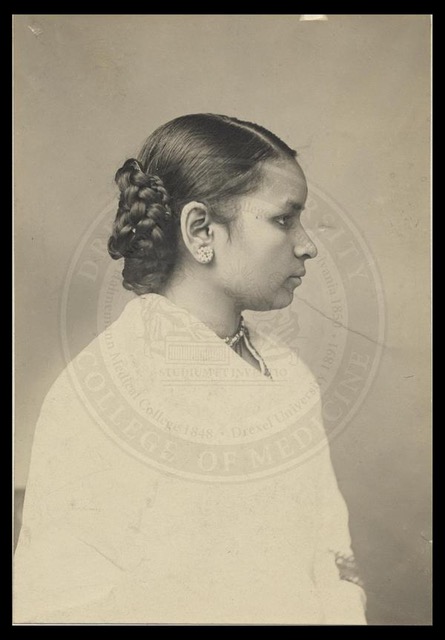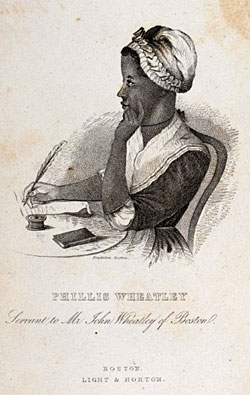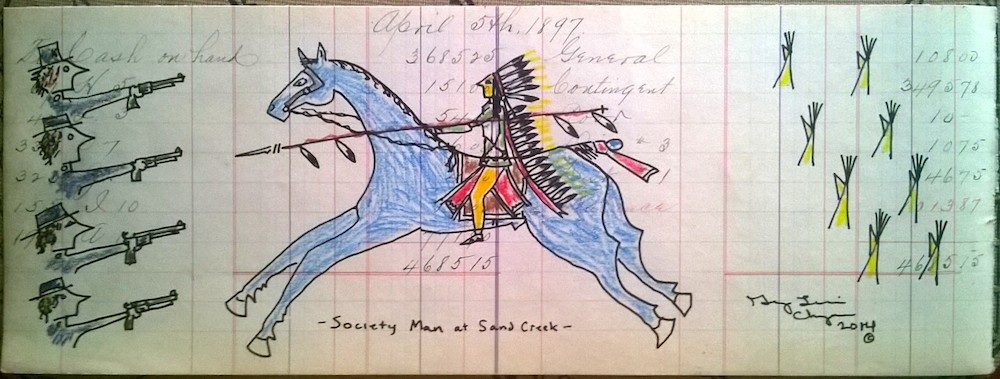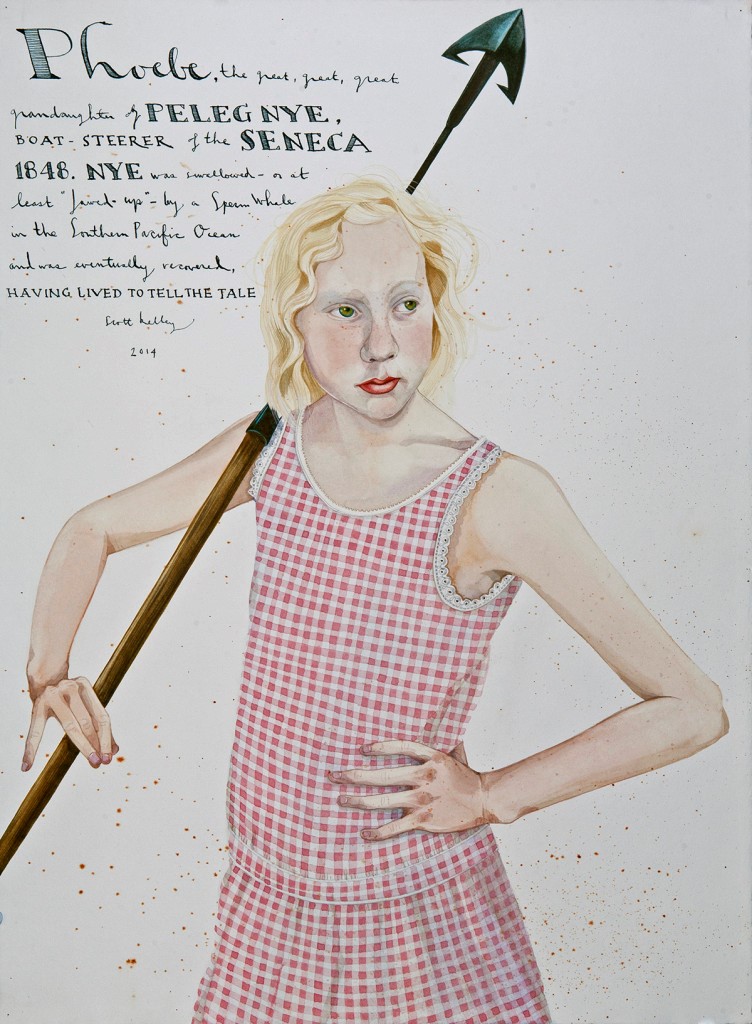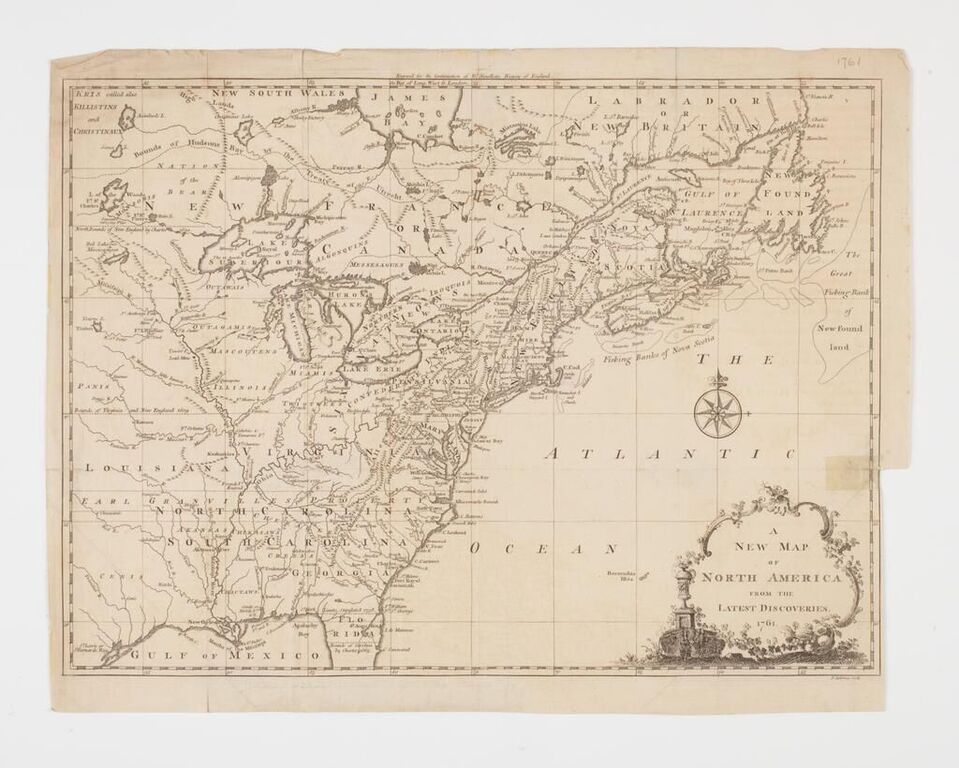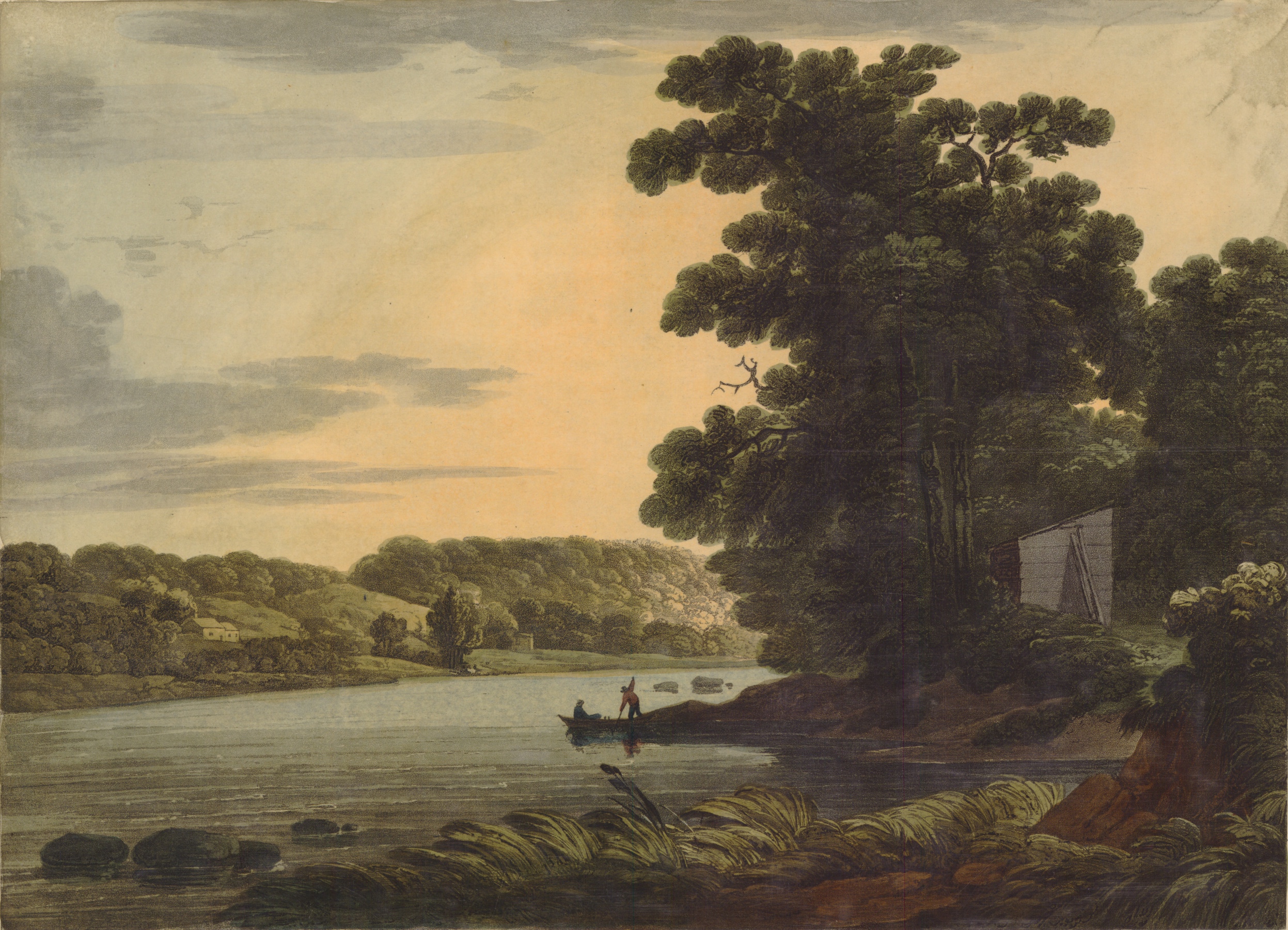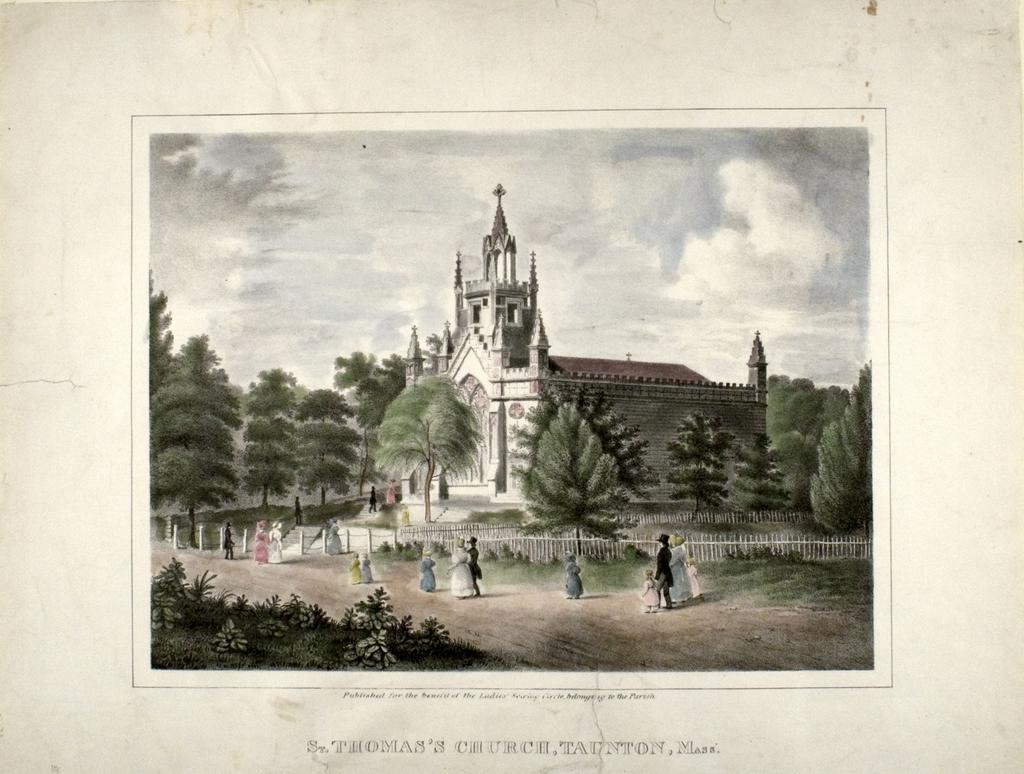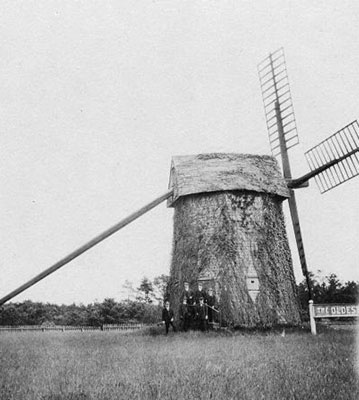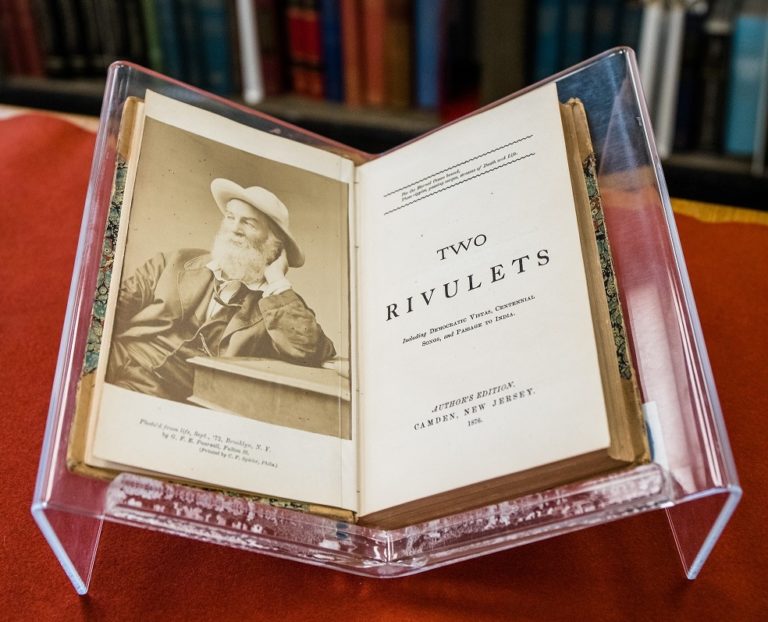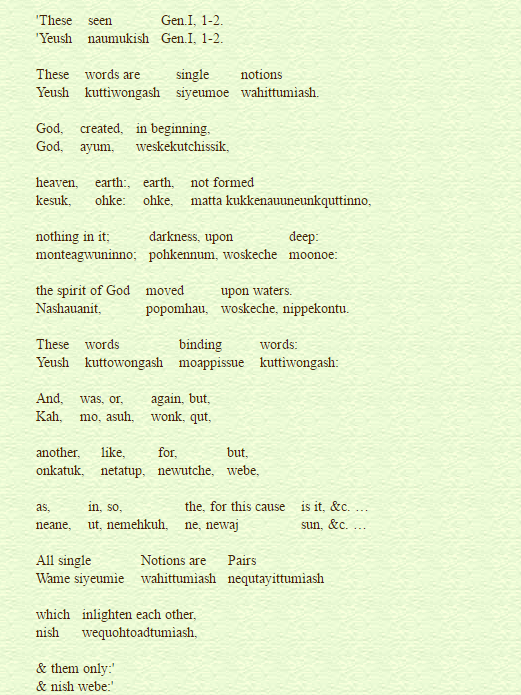Wallace Stevens once observed that “poetry is a scholar’s art.” I am interested in the ways that poetry and research might intersect and the ways that poetry can explore “voice” beyond the poet’s individual experience. My book of poetry, The Afflicted Girls, looks at what happened in Salem in 1692 from a variety of perspectives–the accusers’, the accused’s, bystanders’–those whose lives were forever changed by the accusations, trials, and executions.
The Afflicted Girls is composed of four different kinds of poems: poems that narrate the experience of the trials from the viewpoint of specific people (for example, a man who helped his wife escape from prison, a four-year-old girl accused of being a witch); poems that reference and incorporate colonial American verse and prose forms (including the sermon and the jeremiad); poems that pay tribute to the archival experience and explore the conception of the poet as archivist; and poems that investigate the lasting effects of the Salem witch trials on present-day America (poems that revisit the museums in Salem, for instance). Thus, the poems examine both the social structures contributing to the accusations as well as the relationships between people that were wounded or destroyed by the suspicions, convictions, and executions.
Testimony: He or His Apparition
About noon, at Salem, Giles Corey was press’d to death for standing Mute. — Samuel Sewall, Diary, September 19, 1692
The girls’ testimony is gravel scattered on the grass.
Ann Putnam: Giles Corey or his Apperance has most
greviously afflected me by beating pinching and almost
Choaking me to death
Inside the meetinghouse each afflicted girl repeats the next.
Mercy Lewis: I veryly beleve in my heart that Giles Cory
is a dreadfull wizzard for sence he had ben in prison he
or his Apperance has come and most greviously
tormented me
The copier flattens the page, hammers down identical
speech.
Sarah Bibber: I have ben most greviously affleted by giles
Cory or his Appearance
But the man won’t speak to defend or plead. He sits still and
silent in his pew.
Mary Warren: At the time of his examination I saw: s’d
Cory or his appearition most: dredfully afflect: Mary
Walcot An putnam. Mercy lewes & Sarah Vibber
The morning of his execution: the meetinghouse floods with
light.
Outside a circle rises around the punished man:
the magistrates pile stone after stone on his ribs to crush
him into speech.
Nobody can see the lesson: nothing can drive the voice
out of the body.
The Mather Boys
Richard, Increase, Cotton
The one who starts it: who first crosses the cold lead ocean
to settle in this land
The one who prays and fasts in secret for God to untie his
tongue
The one who waits all day in his study for proof of Election
or at least a Remedy
The one whose ship is driven against the white rocks at the
edge of Isle of Shoals
The one with an Infirmity in his Speech, each word splitting
open in his mouth
The one who leaves his study only for meals or Family
Prayer
The one whose hand crosses the page again and again,
practicing words he cannot say
The one who holds The Book of Martyrs on the ship’s
slick deck as anchor cables snap, sails rip from masts
The one who explains that Strong affections bring strong
afflictions and shuts his study door, his son standing
alone outside
The son who dreams his grandfather’s voyage, who reads
his father’s prayers, who will write the future down:
It is a world all over defiled with Sin, God will shortly
burn it for a Witch
Witness, Recantation
For Elizabeth Reis
I enjoy, though in abundance of afflictions, being close confined here in a loathsome dungeon.
— Margaret Jacobs, letter to her father from Salem prison, August 21, 1692
Honored Father, when I remember you
your eyes turn the color of a bruise.
As soon as you speak to me you disappear,
and I have to imagine
the ocean that might lie between us,
then something breaks inside my body
and everyone I’ve hurt returns:
Grandfather, Mother, You,
skin translucent like the oiled paper
we stretched in place of glass
between the window lead.
I see through your body. You never
have to say it: Lying is a sin.
What’s worse to you, false testimony
or a wrong confession? Down here is all
darkness, the only sound the slur
of rain in the dirt, water rats scratching
inside the walls. Grandfather is dead.
Mother locked in Boston Jail. You
escaped. Lying is a sin. Just as any telling
of this story is a lie,
just as in the future,
years from now when you and I are dead,
another woman will write this letter down
in a room with sky-colored walls
and electric candles under a water-
color of the sea, waves capped in white
like dress lace, a girl on the dock waving
goodbye to no one under the caption:
Salem, Massachusetts, New England’s Maritime Paradise.
Poems reprinted by permission of author from The Afflicted Girls.
This article originally appeared in issue 1.3 (March, 2001).
Nicole Cooley is an assistant professor of English at Queens College–the City University of New York. Her first book of poetry, Resurrection (Baton Rouge, 1996), won the 1995 Walt Whitman Award from the Academy of American Poets. She has also written a novel, Judy Garland, Ginger Love (New York, 1998).






